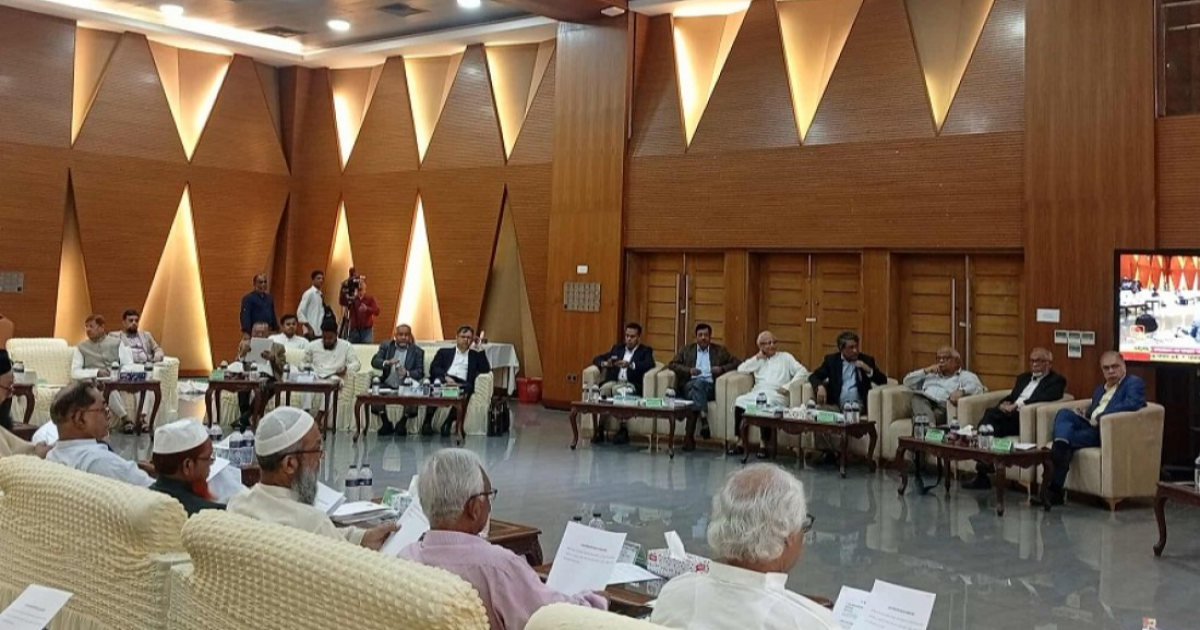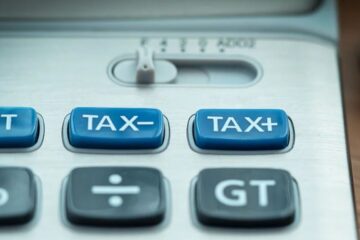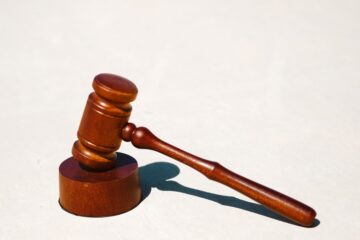As the country’s major political parties prepare to sign the much-talked-about July Charter on Wednesday, a familiar idea has returned to the center of Bangladesh’s political conversation — a national referendum.
The parties have agreed in principle to let the people themselves decide whether they support the charter’s provisions. But the consensus ends there. The question of when the referendum should be held has sharply divided the political camp.
Several parties — including Bangladesh Jamaat-e-Islami and the National Citizen Party (NCP) — want the referendum to take place before the national election, arguing that public approval should come first to give the charter a strong legal and moral foundation.
“The referendum will determine whether the people approve the July Charter. If it passes, the charter will gain a strong legal foundation. It should be held first,” said Hamidur Rahman Azad, assistant secretary general of Jamaat.
The BNP, however, has proposed that the referendum be held on the same day as the parliamentary polls, using a separate ballot.
“We proposed that the referendum be held on the same day as the national election. Separate ballots can be used to record the people’s opinion,” BNP Standing Committee member Salahuddin Ahmed told Dhaka Tribune. “That way, implementing the July Charter will become mandatory, and no one will be able to interfere.”
Political analysts say that whichever way it happens — under an interim government or alongside the national polls — the referendum could serve as a rare opportunity to measure public support for a political framework born out of months of negotiation.
“There has been remarkable progress among political parties regarding the implementation of the July Charter, and they have agreed in principle to hold a referendum,” said Professor Ali Riaz, vice chairman of the National Consensus Commission.
While the debate grows, the very concept of holding a referendum carries a certain irony. The Awami League government abolished the referendum provision through the 15th Amendment in 2011. But after the government’s fall in August 2024, the Supreme Court reinstated it during the judicial review of that amendment — though how the provision would be implemented in practice remains unclear.
Since independence, Bangladesh has held three national referendums, each under distinct political circumstances.
The first, on May 30, 1977, was called by late president Ziaur Rahman to test public confidence in his leadership and policies. Around 38.4 million voters were registered, and according to official results, 98.9% voted “Yes” with an 88.1% turnout.
The second came under late president HM Ershad on March 21, 1985, again asking citizens whether they had confidence in his policies. The Election Commission reported 72.2% turnout, with 94.5% voting “Yes”.
The third — and last — referendum took place on September 15, 1991, after the fall of Ershad. It was designed to confirm the restoration of parliamentary democracy through the 12th Amendment, replacing the presidential system that had ruled for 16 years.
Of the votes cast, 84.38% supported the change, though turnout was only 35.2%.
Referendums are often seen as a test of legitimacy and public will — a direct exercise of democracy that allows people, rather than politicians, to decide on crucial national questions. Globally, they have shaped historic decisions, from the 2016 Brexit vote in the UK to constitutional changes in many countries.
In Bangladesh, the renewed discussion around the July Charter has once again put this tool of direct democracy back into focus. And as political parties argue over when the vote should take place, one question looms large: can a referendum today bridge the widening gap between political promises and public trust?



